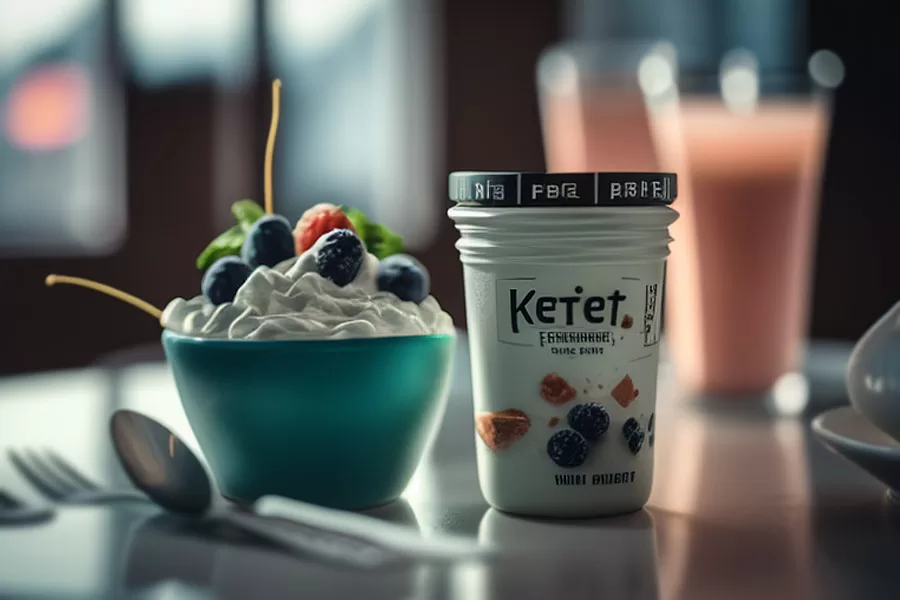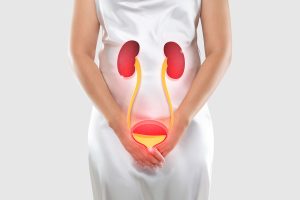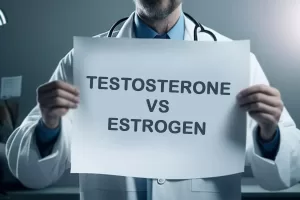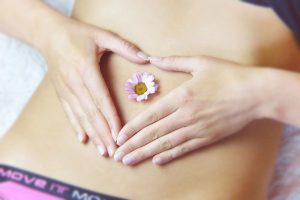Our body does an amazing job of keeping itself strong and healthy, fighting off harmful bacteria, maintaining a fine balance of chemicals, etc. But it needs our help in doing so, and our lifestyle plays a huge role in the process.
Diet is one of the definitive things in a person’s well-being. It gives us energy, fiber, macronutrients, vitamins, and minerals. If you had not even once suggested that something that goes into your mouth can affect your vaginal health—this article will surprise you!
Foods that Promote Vaginal Health
How does this even work? Well, our body is a complex system where everything is connected. Stress, dehydration, the deficit of some nutrients, and other little things that we may not even notice are capable of backfiring in the least anticipated way. In reverse, maintaining a diet with vagina-healthy foods, staying hydrated, and managing stress can help your organism do its work most efficiently. It shows in you feeling great, rarely getting sick, and enjoying life.
So, let us dive in and discover what products can help your vagina be happy and healthy.
Probiotic-rich foods
Probiotics are live active cultures of microorganisms that are known to have a positive impact on our health. The most common strains of probiotics are Bifidobacteria and Lactobacilli, and what do you know, the latter is actually a part of the healthy vaginal microbiota. They suppress the growth of harmful bacteria and yeasts preventing bacterial vaginosis and other infections; maintain a healthy acidic level of PH; and contribute to the strength of your immune response.
Probiotics can be found in dairy products and fermented foods, such as:
- Kefir;
- Yogurt;
- Cottage cheese;
- Kimchi;
- Pickles;
- Sauerkraut.
Anti-inflammatory foods
Inflammation is a natural body reaction to certain triggers, including physical trauma, infections, or toxins. But when it goes uncontrolled, it actually does more damage. Chronic inflammation may result in serious diseases and throw off your immune reactions.
Some products naturally have an anti-inflammatory effect. We picked those that suit a diet for vaginal health the best.
Leafy greens
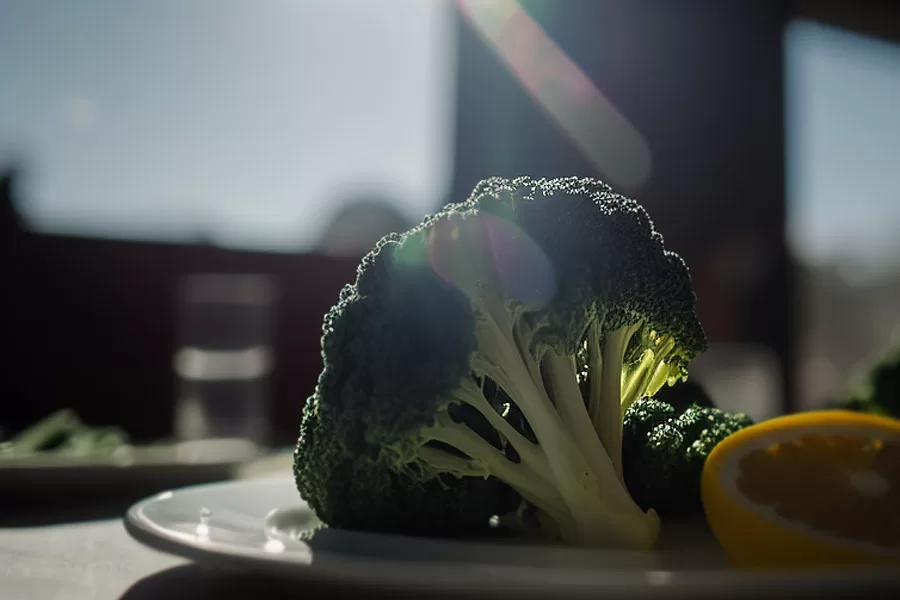
Dark green vegetables are rich in vitamin E, a powerful antioxidant capable of battling cytokines–inflammatory agents, and free radicals. Leafy greens also contain iron which women lose every month due to menstruation, so some spinach, kale, and broccoli are definitely worth getting on your plate.
Berries
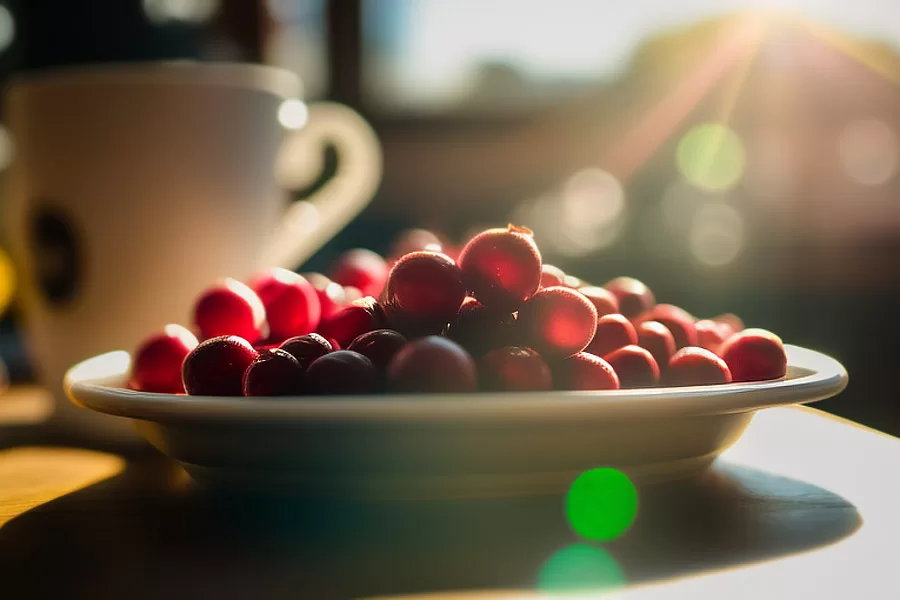
Berries can be a wonderful source of vitamins, especially vitamin C, and polyphenols, which have anti-inflammatory and antioxidant effects. Fun fact: polyphenols are what give berries their red and purple color, so you know which one to look for.
But while strawberries and raspberries are great, let us look closer at more sour thingies: cranberries. They contain compounds called proanthocyanidins (PACs) that prevent harmful bacteria, such as E.coli, from adhering to the mucose membranes of the body, thus preventing urinary tract infections.
You can drink cranberry juice or use it in sauces and salads. Remember that processing can destroy valuable nutrients, which is why the berries baked into a pie will be less beneficial for you than fresh ones.
Fatty fish
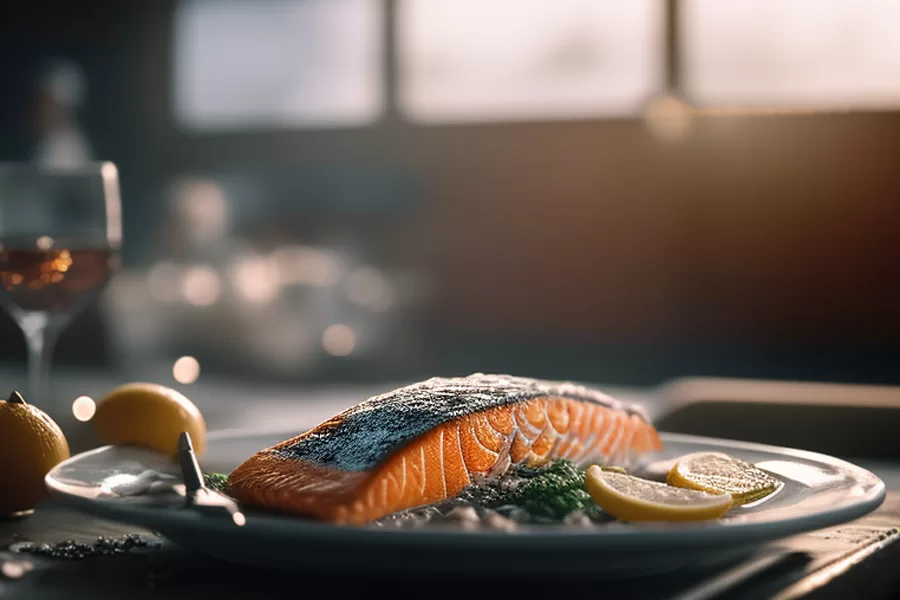
Oily fish contain omega-3 fatty acids that help inhibit inflammatory processes in the body. You can opt for tuna, salmon, sardines, and mackerel.
Soy
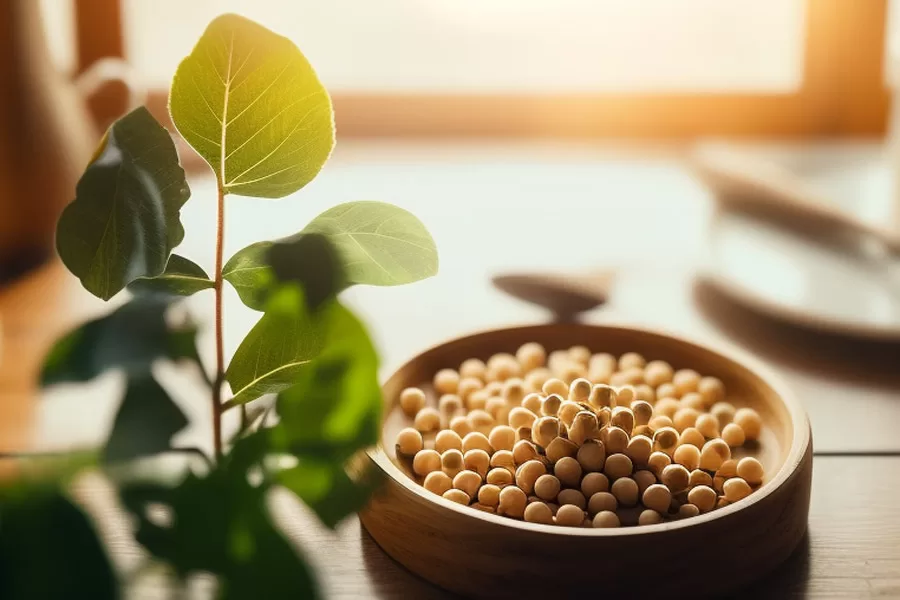
Soy contains isoflavones—the complex chemical also known as phytoestrogens due to their similarity to the estrogen hormone. Not only they can reduce inflammation, but isoflavones also alleviate the symptoms of menopause, including vaginal dryness and mood swings. It contributes to a better quality of life in general and sex in particular.
Olive oil
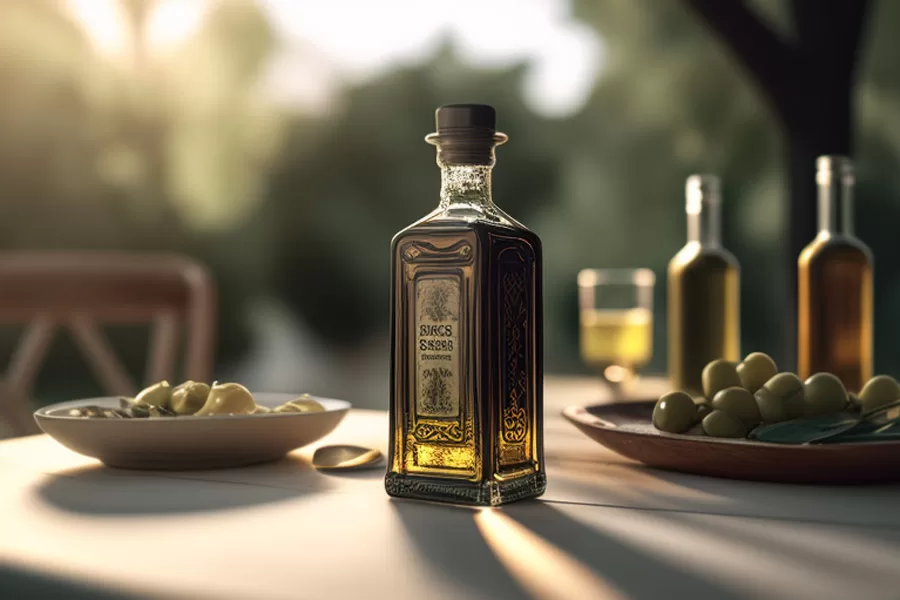
Olive oil is rich in vitamins and fatty acids. It also contains a substance called oleocanthal which gives it its signature aftertaste. According to material published in the International Journal of Molecular Sciences, oleocanthal can rival ibuprofen by its anti-inflammatory properties.
Foods high in vitamin C
Vitamin C is a great antioxidant; it takes part in tissue development, growth, and repair; it makes our immune system stronger, and it helps us to absorb iron from foods. It can also balance estrogen and progesterone levels in women making periods less painful and relieving PMS. Citruses, kiwi, bell peppers, lychees, tomatoes, and cantaloupe will make a wonderful addition to your list of foods to eat for vaginal health.
Garlic and onions
Since olden times, garlic and onions have been known as types of products that make you healthy. Garlic has been reported to show an ability to support the work of the immune cells, and it contains organosulfur compounds that oppose inflammation-boosting chemicals in the blood. And onions contain flavonoid quercetin which, studies showed, inhibits inflammation-causing agents.
Water and hydration
On average, the body of an adult woman is 55% water. This alone illustrates the importance of proper hydration for female health. Water allows the body to absorb nutrients, maintain PH balance, eliminate waste and toxins, lubricate the mucous membrane, etc.
Omega-3
Remember our talk about omega-3 in fatty fish? It also contributes to the health of the cardiovascular system which improves blood flow and tissue nutrition, reduces the risk of cancer, and decreases menstrual pain. Besides the seafood, you can find those helpful chemicals in nuts, flaxseed, chia seeds, or edamame. Definitely one of the foods good for vaginal health.
Foods to Avoid for Vaginal Health
Now, we have some ideas on the best food for vaginal health. But there are also products that you should avoid or limit, as they are not quite as healthy. We do not recommend throwing them away entirely—just make them an occasional self-indulgement.
Sugar and sugary foods
Eating much sugar can cause recurring yeast infections because yeasts thrive on sugar and will reproduce much faster.
Processed foods
Processed products, especially those popular in junk food, are horribly stripped of valuable nutrients and can depress your immune system which results in bacterial vaginosis, UTIs, and other unpleasant conditions.
High-fat dairy products
Excessive fat intake may overthrow your healthy vaginal PH, creating a beneficial environment for bacteria. Adding to the pile, some dairy products are yeast-fermented, which increases the risk of yeast infections.
Alcohol and caffeine
Alcohol and caffeine are generally considered not-so-healthy products, the overdue of which negatively affects your heart, brain, and immune system, makes you dehydrated, etc. In addition, the studies show that alcohol and coffee consumption is associated with vaginal dryness and recurring infections.
Summary
Our diet is very significant for our health which goes for vaginal health as well. Products rich in vitamins, probiotics, omega-3, and antioxidants will contribute to the healthy and balanced functioning of the female reproductive system.
FAQ
What foods throw off your pH balance?
Sugary, processed, and fatty products.
What foods help with VAG infections?
Probiotics, cranberries, garlic, and onions are generally good in supporting your battle against bacteria. They will not replace proper treatment but can speed up the process and prevent reoccurring.
What foods are good for vaginal health?
Choose the products that contain Lactobacilli, vitamins, omega-3, and antioxidants.

